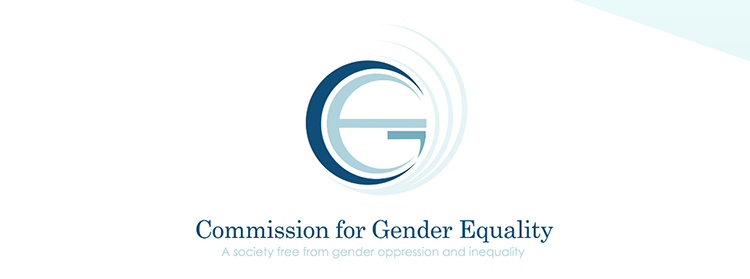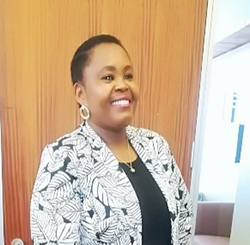News & Events
The Commission for Gender Equality discusses traditional harmful practices in KZN
 30 March 2022 was the last day of Unisa’s gender-based violence (GBV) awareness series of activities in KwaZulu-Natal (KZN). Zanele Ncwane, the Commission for Gender Equality’s (CGE’s) provincial manager in KZN, addressed the Unisa community on harmful traditional practices (HTPs).
30 March 2022 was the last day of Unisa’s gender-based violence (GBV) awareness series of activities in KwaZulu-Natal (KZN). Zanele Ncwane, the Commission for Gender Equality’s (CGE’s) provincial manager in KZN, addressed the Unisa community on harmful traditional practices (HTPs).
Ncwane explained that the Protocol to the African Charter on Human and People’s Rights on the Rights of Women in Africa (better known as the Maputo Protocol) defines HTPs as all behaviours, attitudes and practices which negatively affect the fundamental rights of women and girls. These rights include their right to life, health, dignity, education and physical integrity.
HTPs have been going on for many years. In some parts of South Africa, they continue to happen and be practised without being a problem to the livelihoods of women and girls. Many members of the community continue to believe HTPs are accepted cultural practices. Ncwane discussed early and forced marriages which happen mostly through ukuthwala, virginity testing/inspection (unomehlo), which she said happens mostly among the Zulu nation and widowhood (the practice of ukungenwa/ukungena).

Zanele Ncwane
Zanele concluded the discussion by questioning HTPs in South Africa, as, in most cases, they are misunderstood as anti-traditional rights and crimes like human trafficking (for the purposes of marriage). In some communities, HTPs are not regarded as a crime, but as GBV.
Violation and respect of human rights are severely compromised in the practice of HTPs, and dialogue needs to be encouraged with the Department of Cooperative Governance and Traditional Affairs (COGTA), especially regarding HTPs. She said further research into other forms of HTPs such as forced and illegal male circumcision also needs to be done.
Ncwane is a dedicated researcher with an interest in subject matters that include gender equality, women economic empowerment, safety and security. She is committed and passionate about issues of gender equality, social justice and human rights, which led her to take an activist role in various spheres of society. She has acquired extensive experience working for non-government organisations focusing on social justice for vulnerable and marginalised communities.
By Jo Cossavella, Communications Officer, Unisa KwaZulu-Natal Region
Publish date: 2022-04-04 00:00:00.0

